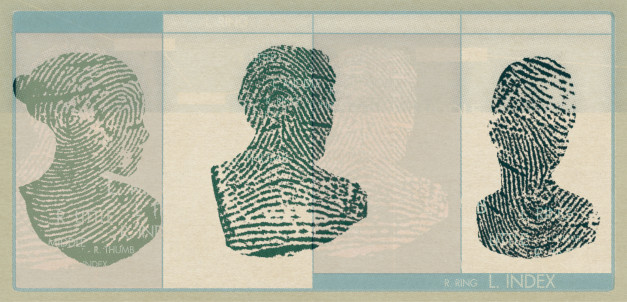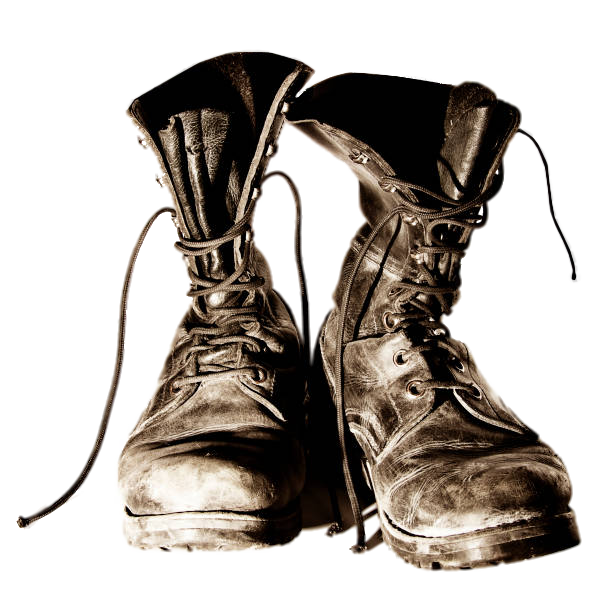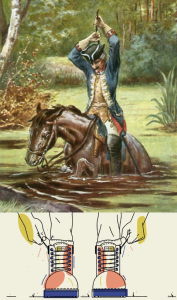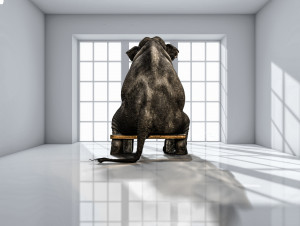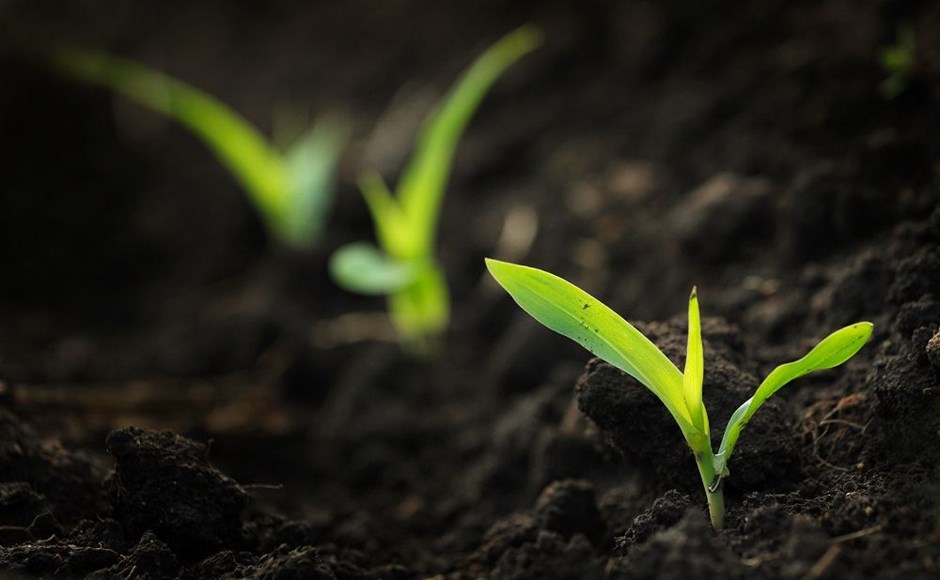| Action | Life is the lens you choose. |
| Action | Your focus is best set on “Doing.” |
| Action | Action is the duty and proof of living. |
| Action | Actions express priorities. |
| Action | Accept the world as it is, or accept the responsibility to change it. |
| Action | Dare to dream, pursue with passion, love always. |
| Action | Do today what others won’t, so you can do tomorrow what others can’t. |
| Action | Dreams are for sleeping. Wake up and do. |
| Action | Avoid the temptation of wild speculation. Never of worry over things outside your control. Actionable data should determine your level of granularity and focus. |
| Action | Be the change you wish to see in the world. |
| Action | The power to do is in the doing |
| Action | Paralysis of analysis is real, ignorance kills, and enlightened action is the surest path forward. |
| Adversity | Take the good with the bad and laugh at the rest. |
| Adversity | The obstacle is the way. |
| Altruism | You must live for your neighbor, if you would live for yourself. |
| Altruism | Being selfless and wisely selfish amount to the same thing. |
| Altruism | Never serve fish when you can provide a pole. |
| Anger | Carryon with love, hate is too heavy a burden to bear. |
| Anger | It is far better to heal an injury than to avenge it. |
| Anger | The consequences of anger and grief are often far greater than the circumstances that aroused them |
| Anger | Anger is a short madness… devoid of self control, heedless of decorum, forgetful of kinship, deaf to reason, excited by trifling causes, and like a falling rock it breaks itself to pieces upon the very thing it crushes. |
| Anger | A step made in anger, is to step off a precipice into a powerless fall to destruction. |
| Anger | The greatest remedy for anger is to delay your passion, not in order to pardon the offense, but to form a right judgment about it. |
| Anger | Anger is arrogant if successful and frantic in failure. Even when Anger is defeated it does not grow weary. |
| Bias | Separate ideas from identity. |
| Chance | There is no such thing as “chance,” only details beyond our ability to process. |
| Change | People who are crazy enough to think they can change the world, usually do. |
| Change | Change is the surest sign you are living. |
| Change | No man steps in the same river twice, for the river has changed, as has the man. |
| Change | Changing your environment is the surest way to change yourself. |
| Communication | If you continually talk to yourself you will never have the space to listen to anyone else |
| Communication | Silence is often the best answer. |
| Communication | Never miss a chance to shut up. |
| Conformity | Many take no heed of whether the road they travel upon be good or bad in itself, but value it only by the number of footprints upon it. |
| Death | Nature decieves no one. All things come to pass. |
| Death | If anyone pities the dead, he ought also to pity those never conceived. |
| Death | Life is short. Of what importance, then, can it be to lengthen that which, however much you add to it, will never be much more than nothing? |
| Death | Reckon your age not in years but in virtues. |
| Death | There is no reason to hasten to the burial-place of one you love. What lies there is but the worst part of them and that which gave them the most trouble. |
| Death | Disease and Death are most deadly for those who dwell on them. |
| Death | Living is wasted on the dying. |
| Death | The longest and the shortest life amounts to the same, for the present moment lasts the same for all and NOW is all anyone can possess. |
| Death | Why should death grieve us? Is it that a loved one has died, or that they did not live long? If we greive because a loved one has died, then we ought always to have grieved, for we always knew this is the fate of the living. If we greive because they did not live as long we presume to know the future and that it would have been to their advantage to live longer. |
| Decision | Don’t doubt in the dark what you know in the light. |
| Discernment | Never being satisfied with a rough understanding of the whole or agreeing too quickly with those who have a lot to say about something. |
| Effort | Half measures are for the half hearted and the want-to-be’s but won’t. |
| Effort | An extraordinary life is not lived ordinarily. |
| Effort | Live life easy, do it the hard way. |
| Exceptions | The exceptional live without exception. |
| Exceptions | Exceptions are evil. |
| Excuses | Excuses only sound good to the guilty. |
| Excuses | He that is good at making excuses is seldom good for anything else. |
| Excuses | Never make excuses. Your friends don’t need them and your foes won’t accept them. |
| Excuses | It is better to offer no excuse than a bad one. |
| Excuses | You may fail many times but you are never a failure until you blame someone or something else. |
| Failure | You may try and fail, but never fail to try. |
| Failure | Own your failures before they own you. |
| Fiances | Waiting is Wisdom. |
| Finances | Fiduciary Frequency brings Freedom. |
| Flattery | Flattery from others ensnares, self-flattery destroys. |
| Freedom | If you set a high value on liberty, you must put a small value on everything else. |
| Friends | A friend of sour disposition who meets every incident with a groan will steal your peace and spoil your mind. |
| Friends | You are the average of the five people you spend the most time with. |
| Friends | Tell me with whom you consort and I will tell you who you are. |
| Habits | If you no longer wish to roll sixes, quit playing with six sided dice. |
| Habits | Bend the spoon beyond the point you wish it to remain. |
| Habits | Continuous improvement is better than delayed perfection. |
| Habits | If you find yourself in a hole, stop digging. |
| Habits | A dog allowed to chase cars will chase cars. |
| Habits | Rivers are easiest to cross at their source. |
| Habits | You are what you repeatedly do. |
| Habits | You do not choose your future, your habits will. |
| Habits | How you do anything is how you do everything. |
| Habits | Don’t have tea with grizzlies |
| Habits | The patterns in our lives reveal us. Our habits measure us. |
| Habits | Our worst vice is that we change our vices and in doing so, we continually change the face of a well-recognizes evil. |
| Habits | It is easier to banish dangerous passions than to rule them; it is easier not to admit them than to keep them in order once admitted; for when they have established themselves in possession of the mind they are more powerful than the lawful ruler, and will not permit themselves to be weakened or abridged. |
| Happiness | Happiness is not found in owning the best of something but in making the best of everything. |
| Hope | Hope is not a strategy. |
| Hypocrisy | Failure to carry into effect what one teaches is the failure of the person not the teaching. |
| Introspection | The unexamined life is not worth living |
| Introspection | Many men fish their entire lives never realizing it is not the fish they seek. |
| Introspection | Know thy self. |
| Introspection | ANTS – Automatic Negative Thoughts… be careful of your self talk, you are listening. |
| Introspection | To speak a thought is to give it strength, to make it more real even if it has never been true. Be careful what thoughts you give breath to, they will become your truth, they will become you. |
| Introspection | Put each day up for review, considering what you did best and worst. The future descends from our past. |
| Introspection | If you wish for a great empire, rule yourself. |
| Introspection | People are made of stories. |
| Knowledge | Truth lies open for all; it has not yet been monopolized. |
| Knowledge | A quick answer is often quick to disappoint. |
| Knowledge | One need not be right in all things to be right in some. |
| Knowledge | Better to know how to think than what to think. |
| Knowledge | The only opinions that matter are those formed in fact. |
| Knowledge | Confusing what you wish to be true with what is actually true invites insanity. |
| Knowledge | The greatest evil is the lies we tell ourselves. |
| Knowledge | It is impossible for a person to learn what he thinks he already knows. |
| Knowledge | Those who are prone to receive bare theories without careful investigation are often prone to spew those theories to others. Digest your theories first and you won’t be so prone to throw them up. After having digested theories properly you can better show the changes wrought by your reasoned choices. |
| Knowledge | Never let your schooling get in the way of your education. |
| Mindfulness | Mindfulness is the ability to be vividly aware of whatever is appearing in one’s mind or body without grasping for the pleasant or recoiling from the repulsive. |
| Negativity | A “seeksorrow” will contrive vexation above all else. |
| Opinion | Having an opinion is not an accomplishment, having a well research position is. |
| Organization | Disorder invites disorder. |
| Organization | Scarcity is the mother of invention and the father of discipline. |
| Organization | A place for everything and everything in its place |
| Perseverance | Whatever strikes against that which is firm and unconquerable injures itself with its own violence. |
| Perseverance | Rome was not built in a day. |
| Perspective | Generalizing from the particular is particuliarly dangerous. |
| Perspective | It isn’t events that disturb people, but their judgments of them. |
| Perspective | To observe is to collect data. To perceive is to tell a story. Know the difference and their time and place. |
| Perspective | Too often we see the world not as it is but as we are. |
| Perspective | You can only choose from what you can see. |
| Perspective | Your first impression should act as an advisor not a dictator. |
| Perspective | A “gut feeling” should tell you something about what you ate, not what you think. |
| Perspective | If you think you can, or you think you can’t, you are probably right. |
| Perspective | Nothing is more responsible for the Good Old Days, than a bad memory. |
| Pleasures | Endless pleasure becomes its own form of punishment. |
| Pleasures | The more pleasures you capture the more masters you must serve. |
| Politics | My Conservatives friends call me Liberal. My Liberals friends call me Conservative. I simply try to call it as best I can as a Free Thinker, with no thought of wearing a team jersey or participating in any pep rallies. |
| Pride | Free yourself from the tyranny of granduer |
| Pride | Ego is the anesthesia that deadens the pain of stupidity. |
| Pride | Pride is the burden of the foolish. |
| Procrastination | Do not let Perfect be the enemy of Good or Good the enemy of Great. |
| Procrastination | It is foolish to spend a whole life making ready to live. |
| Procrastination | If you are waiting for the perfect time to start, you will wait forever. |
| Procrastination | Do not let the Possible destroy the Now. |
| Procrastination | Don’t confuse asking questions with doing the work. |
| Procrastination | To succeed at anything, you must start. |
| Purpose | To exist is common, to live is rare. |
| Purpose | Arriving at a destination on the floor is no more the point of dancing than getting to the end of a song is the point of music… and so it is with our life. |
| Purpose | Live well, you will only do it once. |
| Purpose | Life isn’t a game ot be won, it is a song to be sang. |
| Reason | Do not bind yourself too tighlty to any one school of thought, rather strive to be a university of reason. |
| Reason | Reason is the greatest good, Reciprocity the rule. |
| Regret | You may embrace your future or you may embrace your past, but do not be fooled that you can do both. |
| Regret | When you are constantly looking back you can’t be looking forward. |
| Regret | No amount of regret can change the past, and no amount of worry can change the future. |
| Regret | Don’t give your past the present to define your future. |
| Regret | Do the stars care? |
| Regret | I would rather live now than die forever. |
| Relationship | If you would be loved, love. |
| Relationship | A selfless act is not a “selfnone” act, our actions are never free of self, only less motivated by it. |
| Relationship | The easiest way to eat crow is while it’s still warm. |
| Relationship | T.E.A.M. – Together Everyone Achieves More |
| Relationship | Tact is the art of making a point without making an enemy. |
| Religion | Most people’s religious beliefs are received, not researched, defended passionately, yet lived passively. |
| Religion | It is better to have questions that can’t be answered than answers that can’t be questioned. |
| Religion | Beware of those who commend you for seeking god, they may be the same ones that condemn you upon your conclusions. |
| Religion | Personification places intention and purpose where it never existed. |
| Reputation | Be your own spectator; seek your own applause. |
| Reputation | You probably wouldn’t worry about what people thought of you if you knew how seldom they do it. |
| Speech | If you can be self critical of only one thing, be critical of your speech. More than your appearance, and sadly often more than your actions, your choice of words either advertise a bright and thoughtful intellect or a mind prone to the laziness and the vulgarity of common speech. Your grammar, word choice, and content is no small thing. What and how you communicate will tell the world more about you than anything else you do. |
| Suffering | Suffering is just as great as we consider it to be. |
| Time | Today, is the first day of the rest of your life. |
| Time | Your eternity is now. |
| Time | A short life is more often made than received. |
| Time | Too often we allow demands to be placed on our time with very little thought of the cost, we spend time cheaply as though it has little value.
|
| Time | What you ought to conserve most carefully is that which may run short without warning. |
| Time | The most joyous moment can be destroyed by the pointeless questions of… “How long will this last?” |
| Time | Yesterday’s the past, tomorrow’s the future, but today is a gift. Unwrap your present fully. |
| TIme | There are only two days in a year when nothing can be done… yesterday and tomorrow. |
| Time | If you can’t play their game, then don’t. |
| Vices | Failed men obey their lusts as slaves obey their masters. |
| Vices | Be careful the things you cling to… their grip may grow stronger than yours. |
| Vices | People often become more attached to their burdens than the burdens are to them. |
| Virtue | Virtue is that which is in accordance with Nature. |
| Virtue | Aim above morality. Be not simply good, be good for something. |
| Virtue | Always be kind. |
| Virtue | Of all the things that are, some are good, others bad, and yet others indifferent. The good are virtues and all that share in them; the bad are the vices and all that indulge them; the indifferent lie in between virtue and vice and include wealth, health, life, death, pleasure, and pain. |
| Wealth | Less is more |
| Wealth | The Carrying Cost often outweighs the price tag. |
| Wealth | To take pleasure in thrift is to guarantee pleasure no matter your degree of wealth. |
| Wealth | Do not let success be a jail of your own making. |
| Wealth | Too often we buy things we don’t need, to impress people we don’t like. |
| Wealth | The poor man is not he who has too little, but he who craves more. |
| Wealth | Nothin is worth possessing if you have no one to share it with. |
| Wealth | The definition of of financial wealth is keeping more than you spend. |
| Wealth | Understand ENOUGH. If you do not define “ENOUGH” then you will be cursed to chase “MORE” your entire life. |
| Wealth | Inflating your lifestyle will deflate your sails. |
| Wealth | If you do not own where you live, it will own you. |
| Wealth | There are two ways to become wealthy. One is to make more money, the other is to want less. |
| Wealth | Riches work for the wise but enslave the fool. |
| Wealth | The greatest danger of possessions is the pursuit of them. |
| Worry | Give it your best go, then let go. |
| Worry | Two elements must be rooted out once for all… the fear of future suffering, and the remembrance of past suffering. The latter no longer concerns me and the former does not concerns me yet. |
| Worry | The malignant growth of thought over that which you can not control, is a cancer of the mind. This is the reality. Being real is understanding what you REALLY can and REALLY can not change |
| Worry | Fear is a poor chisel with which to carve tomorrow |
| Worry | Worrying is carrying two days worth of troubles at the same time. Today’s and Tomorrow’s. |
| Worry | Worry too often gives a small thing a big shadow. |
| Worry | Worry is like a rocking chair: it gives you something to do but never gets you anywhere |
| Worry | If you want to test your memory, try to recall what you were worrying about one year ago today. |
| Worry | A worrier will have a life full of trouble, most of which will never happen. |
| Worry | If you treat every situation as a life and death matter, you will die often. |
| Worry | Worry does not empty tomorrow of its sorrow, it empties today of its strength. |
| Worry | Incessant worry about the worst case will in any case guarantee a life haunted by the future. |
| Wunderlust | Living well can be done anywhere. |
| Wunderlust | Wherever you go, there you are. |

